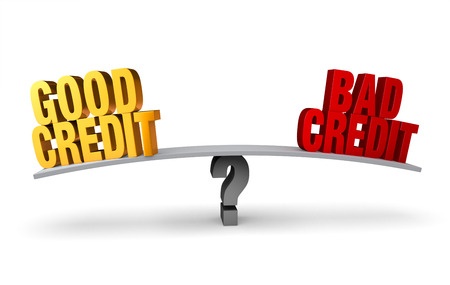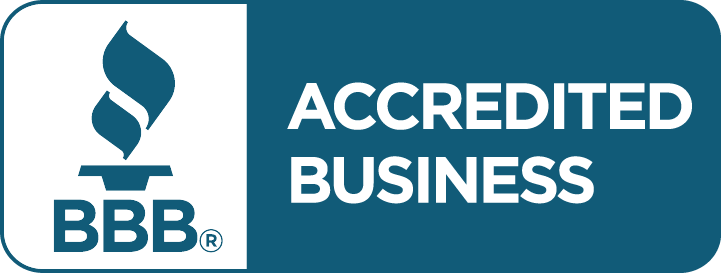Do you know what your credit score means? That number can have a bigger impact on your life than you might think. If you’re considering applying for a credit card, buying a car or taking out a mortgage, you might find yourself wondering exactly what is a bad credit score? Let’s take a look at those numbers and why you should care about them.
What is a bad credit score?
There are some general guidelines you can use to help interpret your credit score.
- Anything over 750 is considered excellent
- A score from 700 – 750 is considered very good
- A score in the 650 – 699 range is considered good or average
- Anything from 560 – 649 will make it tough to get new credit and you will pay significantly higher interest rates
- Anything below 560 would be considered bad credit
Generally, you want your score to be in one of the first three categories – or above 650. The actual score that consumers see may differ slightly from the score a potential creditor sees, due to differences in the formula used to calculate it, but the scores won’t be drastically different.
Why should I care if my credit score is bad?
Your creditworthiness is a big part of your life. If you have bad credit, you will find it very difficult to get a loan, meaning you won’t be able to get a mortgage for a house, a new car, or a line of credit for renovations. You’ll also likely pay higher interest rates on loans and credit cards, or may be denied credit entirely.
A bad credit score can affect other areas of your life as well. For example, most landlords will check your credit score to ensure that you pay your bills on time. So if you always pay rent, but not other bills, you still may end up being turned down for an apartment you really want.
Mortgage providers will take an even closer look at your credit, so you may get turned down for a mortgage, require a bigger down payment, or only qualify for an amount of money that is much less than you need to get a home that is appropriate for your family.
A bad credit score can also mean having to put down deposits on your utilities. This can be a real pain when moving and can end up costing a lot of extra money.
Difficulty getting a loan can mean you’ll have trouble getting a safe and reliable car, and insurance for that car may be harder to get and more expensive. Insurers are allowed to pull your credit report and score when you apply for any type of coverage. Provinces have different laws about what insurers can use this information for, but you can be assured that if they are looking at it, there will ultimately be some kind of an effect on your coverage.
Bad credit can affect your future too. Negative information stays on your credit report for several years, and many employers check your credit too, meaning that your score can keep you from getting that job or promotion you really want. And if owning your own business is part of your vision for the future, getting a small business loan can be a problem too.
How to Overcome Bad Credit
Bad credit overwhelms those who struggle with financial hardships more than the debt itself. Luckily, there are ways to fix your bad credit. First, find out how your credit score is calculated. This will help you to understand what areas of your finances need the most attention.
The two biggest factors that make up your credit score is your payment history and your current debt levels. If you currently have a low credit score (under 600), it means you are seriously behind with your payments and have a lot of outstanding debts. The best way to improve your credit score is to address your debt levels head-on and start paying them down. Learn more about how to fix bad credit.
If you need help getting out of debt or improving your credit score, credit counselling can be extremely helpful. Contact SolveYourDebts.com today at 1-888-753-2227 or via our website to discuss your situation with one of our counsellors.











